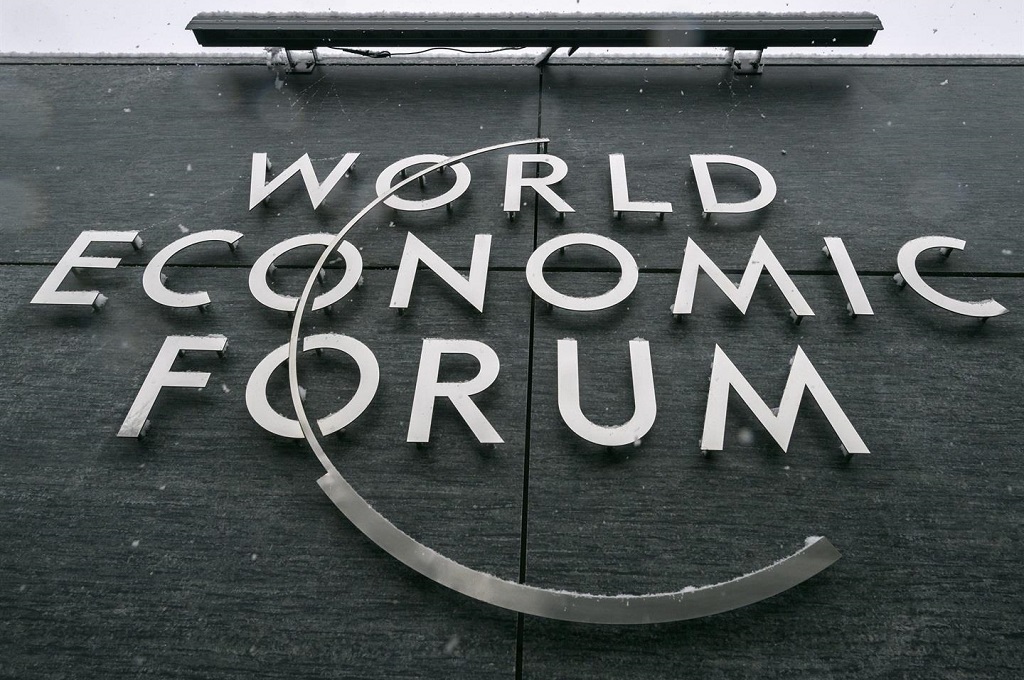
- The World Economic Forum will carry over some of the issues discussed at the COP28 in December last year.
- World leaders will seek to integrate Africa’s importance in a fast-changing geopolitical world.
- With some of the world’s most important natural resources and a growing young population, African leaders will aim to leverage that.
The WEC is expected to set the pace for the year ahead while looking into promises made in the last world stage meeting of 2023, COP28.
For Africa, it’s a big deal, considering that last year, the continent made inroads into the Group of 20 (G20) as a permanent member, and this year, the continent is pushing for permanent seats at the United Nations Security Council.
News24’s Lenin Ndebele spoke to Chido Munyati, head of regional agenda, Africa, at the WEC about Africa’s prospects at the forthcoming forum.
Ndebele: For Africa, how different will this year’s Davos World Economic Forum be compared to last year?
Munyati: Seismic change is under way in Africa. The United Nations projects that sub-Saharan Africa will account for more than half of the growth of the world’s population between 2022 and 2050.
That means that by 2050, one out of every four people on Earth and more than a third of the world’s young people (between the ages of 15 and 24) are expected to be African.
Remarkably, during the same period, Nigeria is expected to surpass the United States as the world’s third-most populous country.
As a result, Africa is set to play a bigger role in shaping contemporary geopolitical and economic affairs.
In September 2023, the African Union joined the Group of 20, the premier forum for international economic cooperation.
The move gives the continent the same status as the European Union, which sits alongside 19 countries including the UK, Russia, and the US.
Africa’s growing importance in shaping global systems will be reflected throughout our programme.
Ndebele: Roughly how many African heads of state are expected and will Africa’s private sector be well represented?
Munyati: We are anticipating the participation of more than five heads of state, including strong participation from the region’s private sector.
Ndebele: How does the theme, “rebuilding trust”, directly speak to Africa?
Munyati: According to Afrobarometer, a pan-African, non-partisan survey research network, unemployment is the top policy priority that 18- to 35-year-olds want their governments to address, followed by economic management.
This is not surprising given that between eight million and 11 million African youth will enter the labour market every year in the coming decades, yet only about three million new formal wage jobs are currently created each year.
There is a need to build trust across generations, geographies, and the private sector to build public-private partnerships that will close the gap between the increase in the working-age population and lagging job growth.
Ndebele: Will climate change feature, and what about it?
Munyati: The annual meeting will build on the COP28 momentum and outcomes to scale the deployment of renewable energy, drive energy efficiencies, and address energy demand.
The meeting will also address questions related to the Nairobi Declaration, from the Africa Climate Summit in Kenya, which calls for reforms to international financial institutions and a range of new global taxes to fund climate action.
Ndebele: Since the formation of the Forum Friends of the Africa Continental Free Trade Area (AfCFTA) in May 2022, how much ground has been covered?
Munyati: The Forum Friends of the African Continental Free Trade Area — in collaboration with the AfCFTA Secretariat — is mobilising global business to support the implementation of the AfCFTA.
During the annual meeting in 2023, this community of 40 private sector partners launched a report on how global businesses can support the implementation of the trade pact.
At this year’s annual meeting, the members will launch the first ever private sector action plan, detailing their investments and commitments under the AfCFTA.
The AfCFTA is the region’s best bet for driving structural transformation and industrialisation, thereby creating opportunities for skilled workers.
The AfCFTA is the world’s largest free trade area, by population, covering 1.3 billion people with a combined GDP of R57 trillion (about $3 trillion).
The agreement poses significant opportunities for increased competition, foreign direct investment inflows, economies of scale, transfer of knowledge and technology, productivity, and economic diversification.
The challenge now is implementation.
Ndebele: Green energy is a major talking point, and Africa already has the necessary resources, including mineral resources, like cobalt, manganese, and lithium. At the World Economic Forum, should Africa expect tangible support from the West?
Munyati: The climate finance gap poses an imminent threat to Africa’s ability to adapt, mitigate, and build resilience against the adverse impacts of climate change.
The urgency of the matter demands a transformative and innovative approach, one that goes beyond the traditional avenues of financing.
Specifically, public-private partnerships, green investments, and sustainable business practices are priority areas that governments will seek to advance with the private sector during the annual meeting.
* The WEF is funded by its 1 000 member companies, typically global enterprises with more than R87.5 billion (about US$ 4.6 billion) in turnover.


